“Save the sharks, and we can save the oceans.”
Peter Benchley
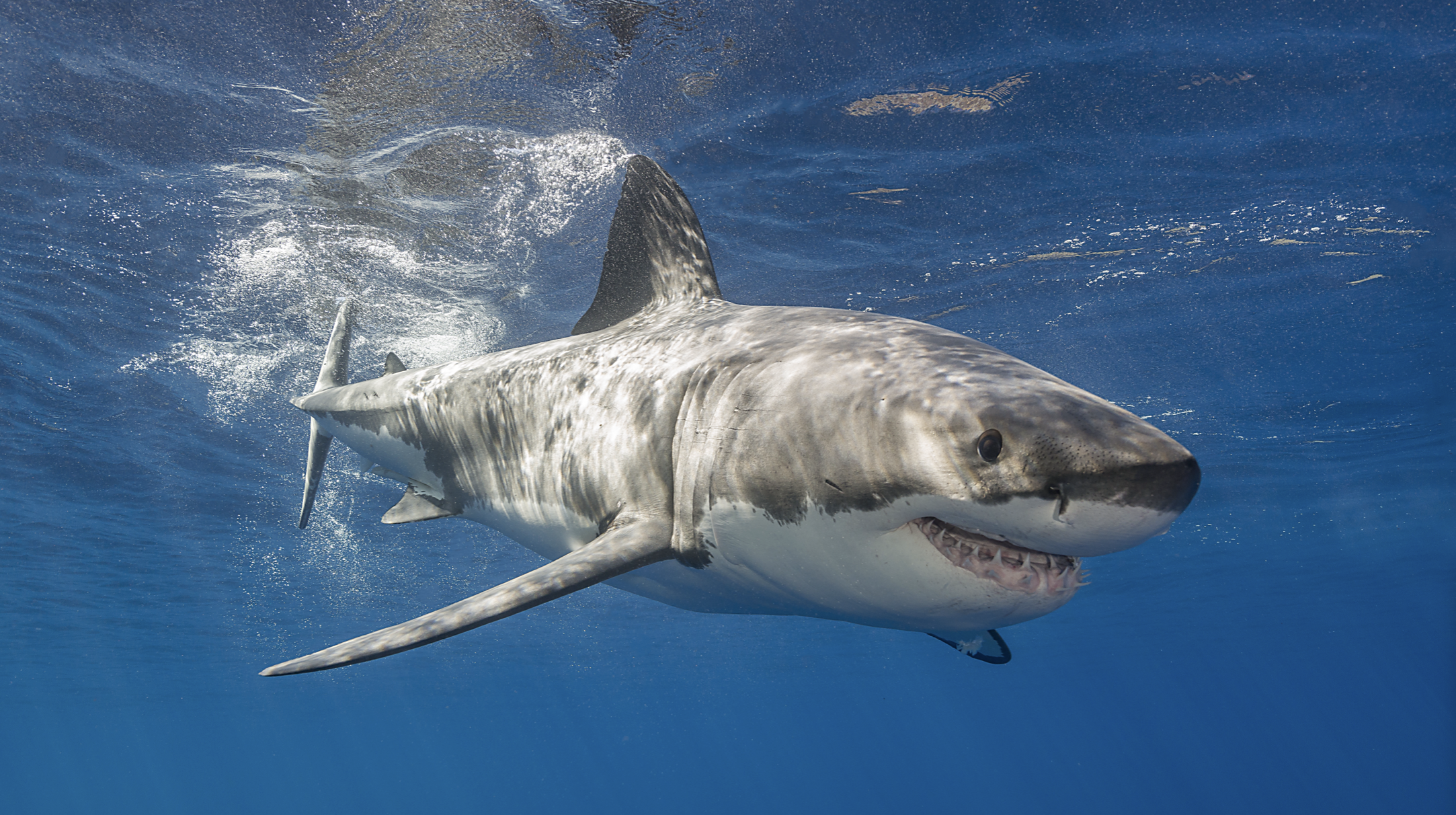
Great Whites: “The largest carnivorous fish with the astonishing capacity to assess, in a microsecond of a first bite, the caloric value of potential prey; human beings are too bony to usually bother with, so they often depart after that first bite.”
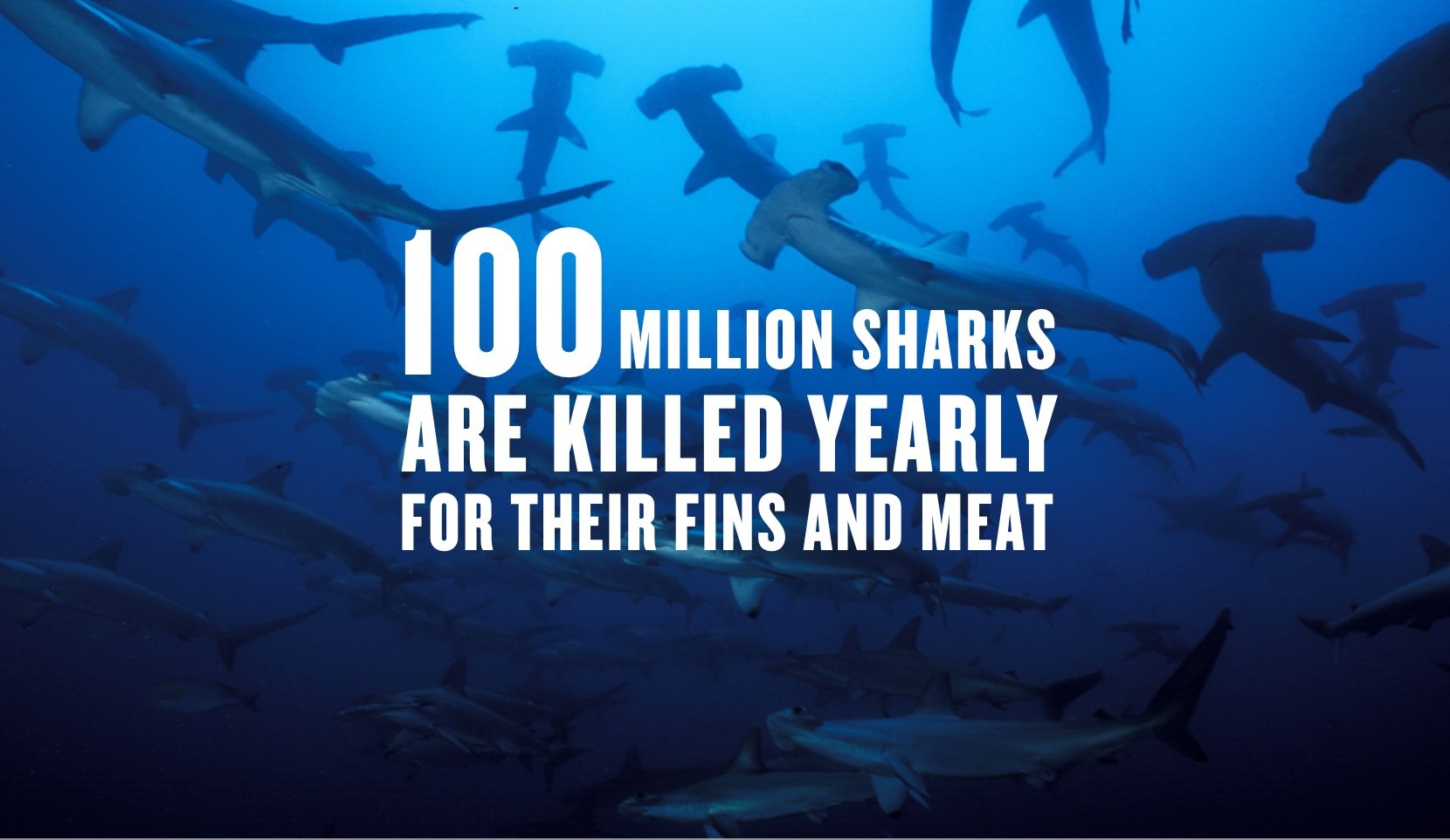
The biggest threat to sharks is finning and overfishing. Every year more than 100 million sharks are killed for their fins and meat, mostly for consumption in shark fin soup across Asia.
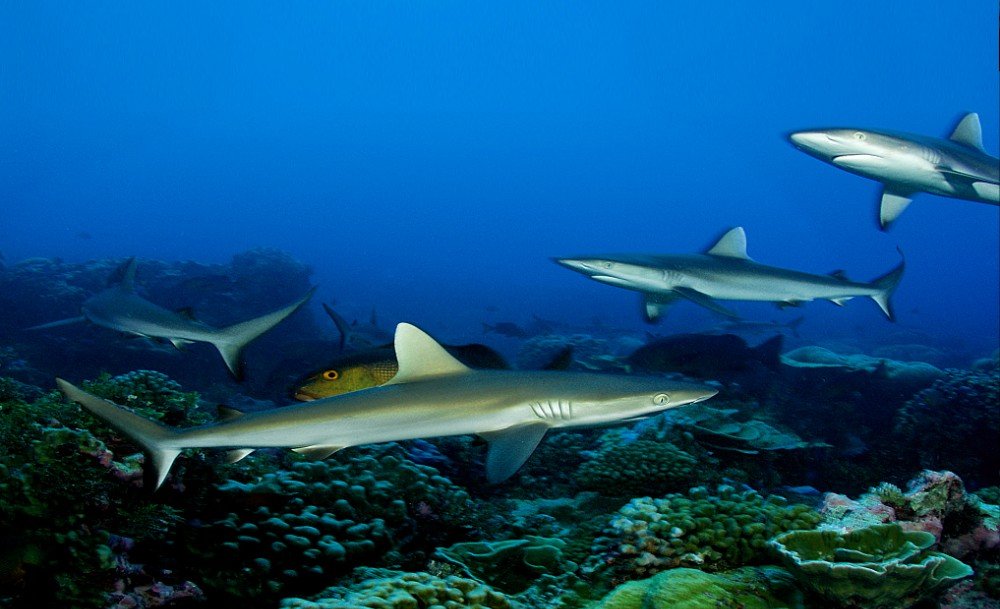
Caribbean Reef Shark: Reef sharks have been documented as active swimmers. If threatened, they may perform a threat display in which they frequently change direction and dip their pectoral fins.
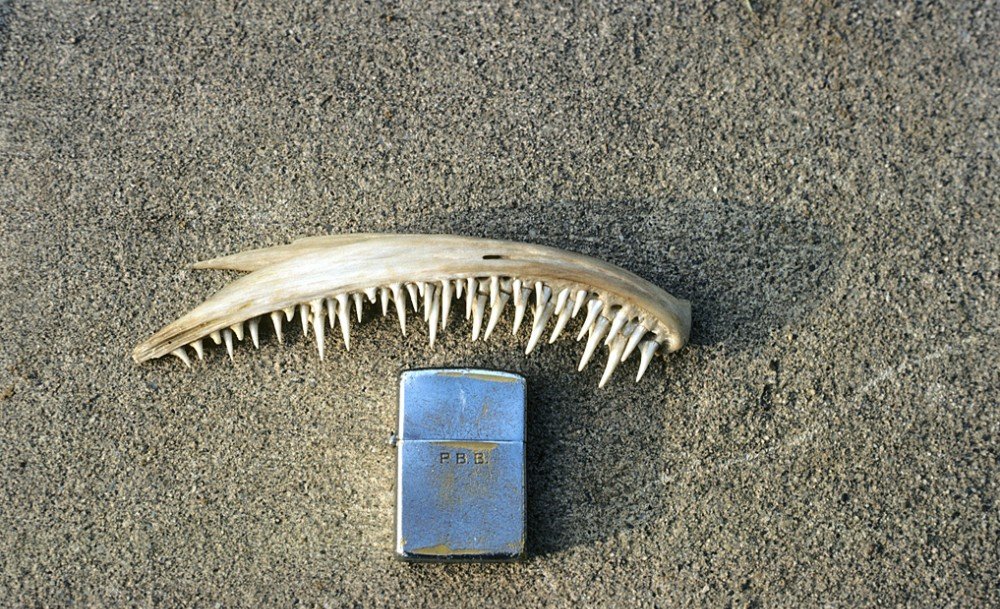
Mako Sharks: Peter called them dangerous loners that reminded him of famed villian actor, Jack Palance. Here's Peter Bradford Benchley's favorite lighter.
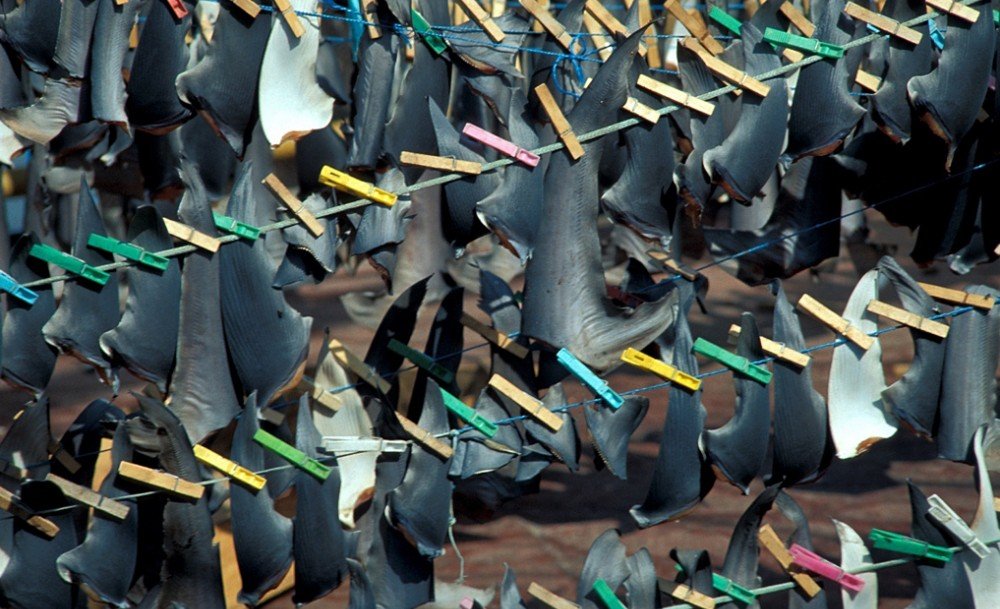
The fins from between 26 million and 73 million sharks move through the Hong Kong shark fin markets alone, each year.
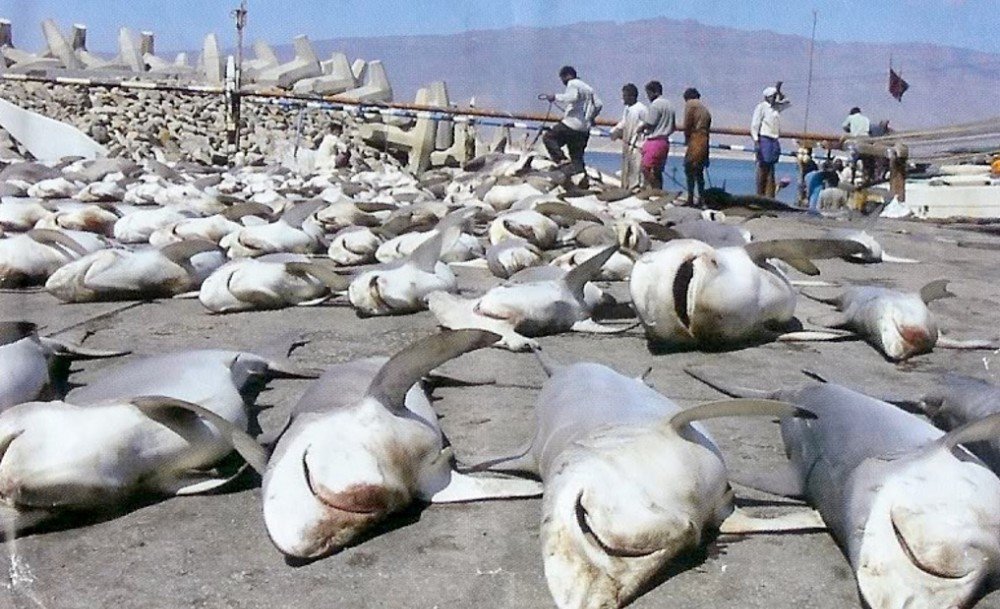
We must change the perception of always fearing sharks; what we should really fear is their destruction. They are essential for ocean health.
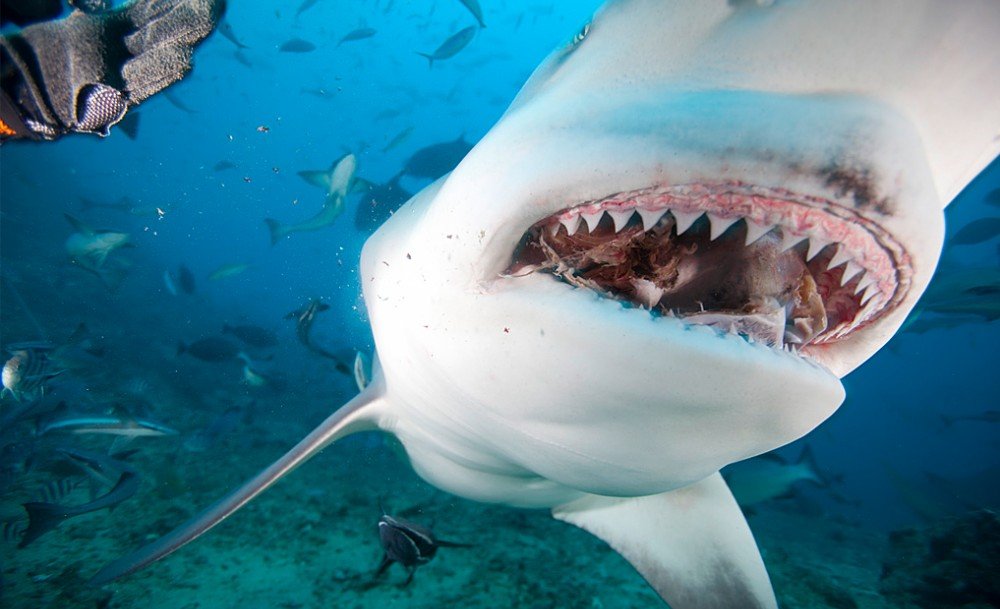
Bull Sharks: Sporting a stout appearance and pugnacious reputation – they are equipped with some biological quirk that permits them to function normally in salt, brackish, and fresh water – something no other shark can do.
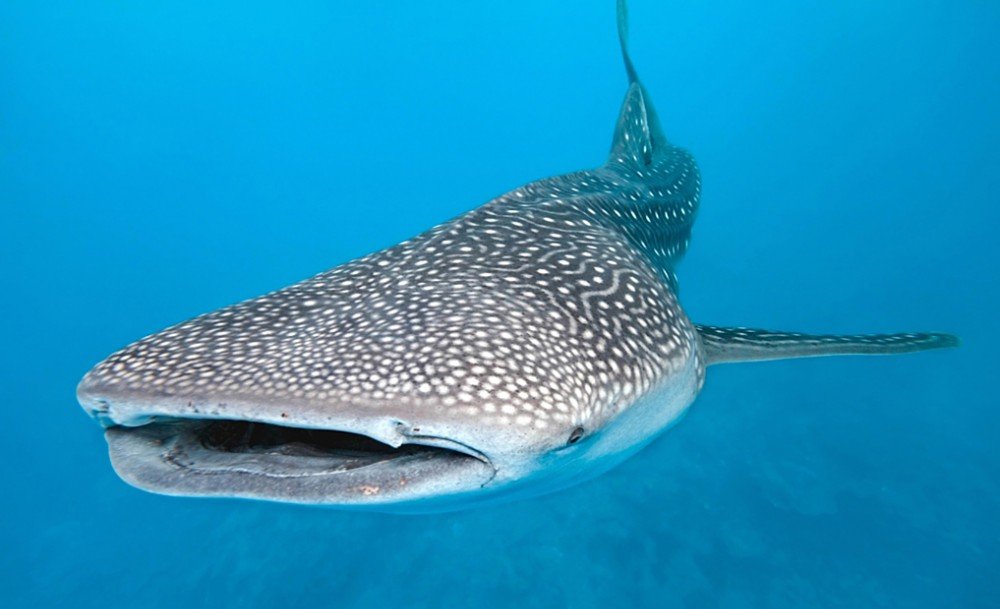
Whale Sharks: A gentle filter-feeding giant and by far the largest living non-mammalian vertebrate, rivaling many of the largest dinosaurs in weight.
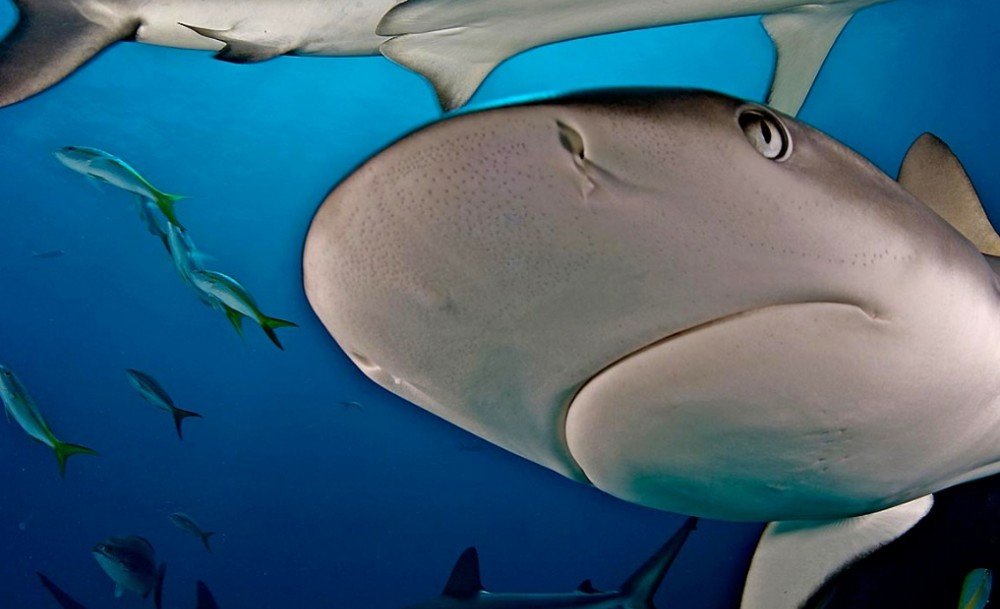
Caribbean Reef Shark: Was originally described from off the coast of Cuba as in 1876; it is one of the most abundant sharks around the Bahamas and the Antilles.
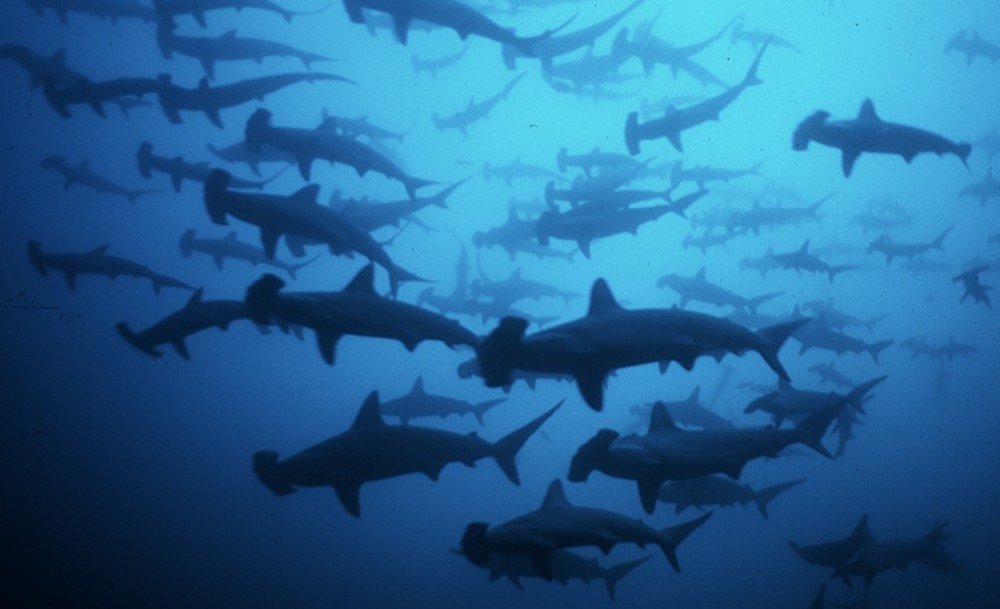
Hammerheads: There are approximately 10 related species of hammerheads throughout tropical and temperate regions including the scalloped, bonnet-head, great hammerhead and smooth hammerhead.
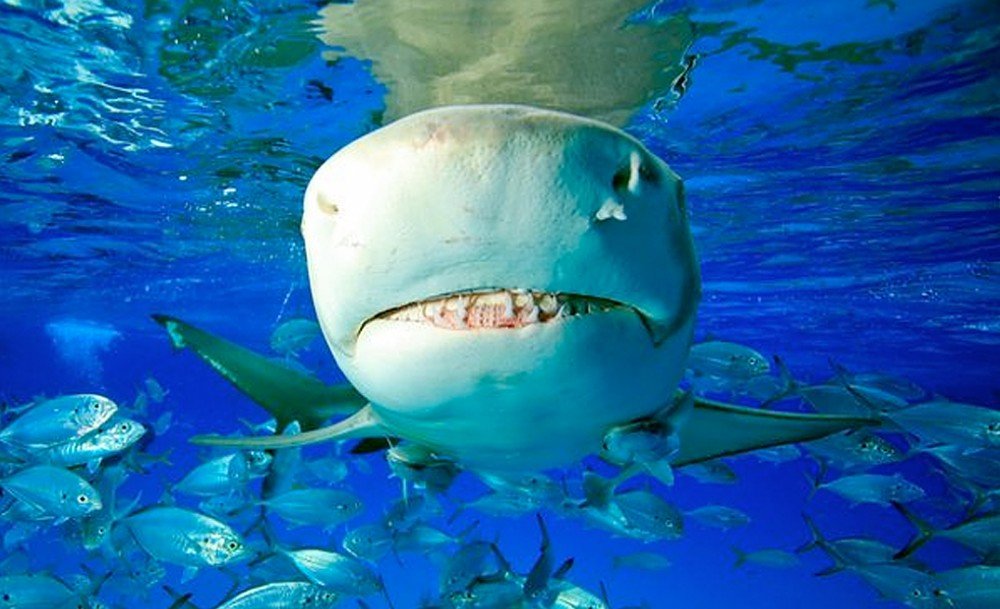
Lemon Sharks: Get the name because of their pale yellow brown coloring and are generally quite tame.
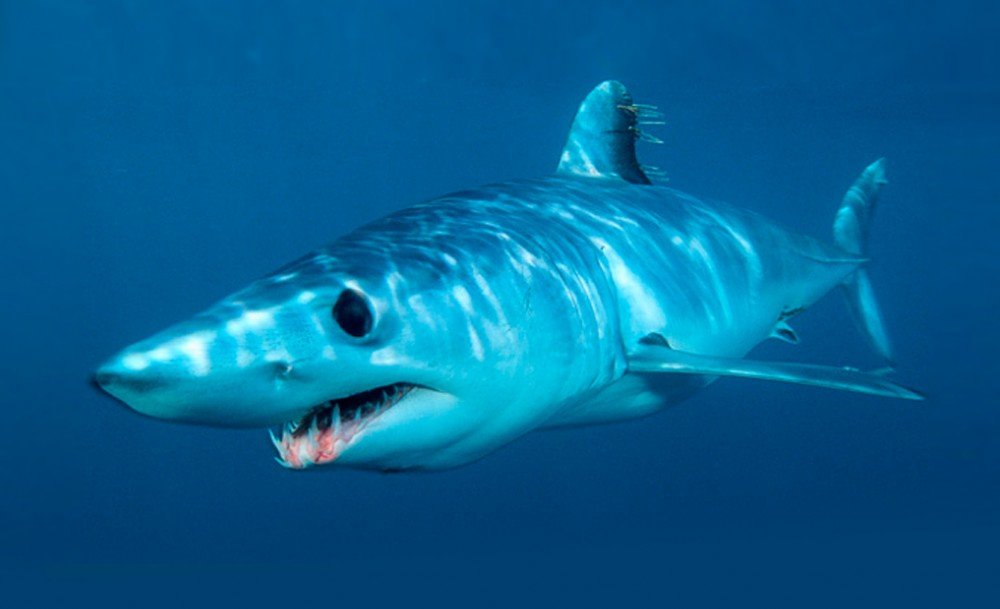
Mako Sharks: They are by far the fastest shark, and they are the only shark listed IGFA as a true sport fish.
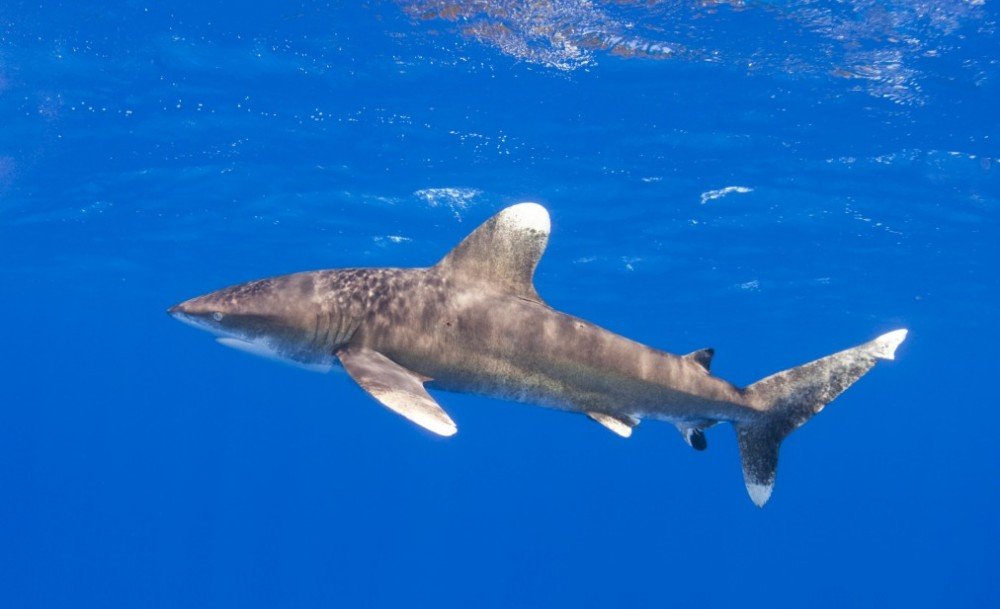
Oceanic Whitetips: Known as “long-hands” for their long pectoral fins and Peter’s personal bête noire as he had a near-miss that scared him permanently while swimming with a school of yellowfin tuna in open deep water.
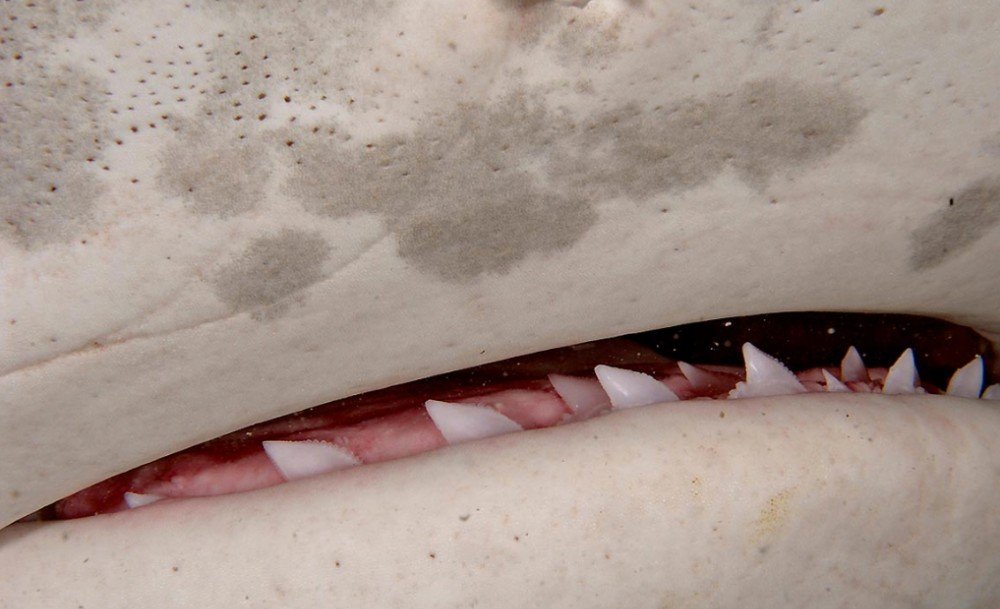
Tigers Sharks: Fast as rockets and ubiquitous - they’re fond of coastal waters, they like lagoons, shallow waters to prey on smaller sharks, and they also roam deep.
Legacy;
The Words of Peter Benchley
Legacy: The Words of Peter Benchley presents the shark conservation message of Peter Benchley, the author of Jaws – in his own words. Legacy combines Benchley's eloquent words with the stunning imagery of white sharks filmed by the immensely talented underwater filmmaker, Joe Romeiro. Over a third of other pelagic sharks are also threatened with extinction, and shark populations throughout the world have been decimated by unsustainable demand for their fins. And yet, sharks are essential to the healthy balance of the oceans. The message of Benchley, and of Legacy, is that we need to protect these important and magnificent animals.
GET INVOLVED
Peter and Wendy Benchley have been inspired for 40 years by the extraordinary scientific work, commitment, and passion of many non-profit organizations that are doing incredible work to protect Earth’s oceans. We encourage you to check out these organizations and to look for other non-profits that move you personally. The work that the global “blue” non-profit community is doing is absolutely essential to protecting sharks and our seas for our children and grandchildren.
Dive in.
Wendy Benchley is the Co-Founder of the Peter Benchley Ocean Awards, a board member of WildAid, Beneath the Waves, and Blue Frontier. She is an Advisory Trustee for the Environmental Defense Fund.




